
Rice lab helps power electric car research
Rice University researchers will contribute to a new project to make better batteries for electric vehicles.

Rice lab helps power electric car research
Rice University researchers will contribute to a new project to make better batteries for electric vehicles.
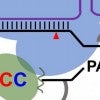
‘Bystander’ Cs meet their match in gene-editing technique
Biomolecular engineers at Rice have developed new tools to increase the accuracy of CRISPR single-base editing to treat genetic diseases.
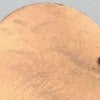
Tale of the tape: Sticky bits make better batteries
Rice University scientists use an industrial laser to turn adhesive tape into a component for safer, anode-free lithium metal batteries.

Bird droppings carry risk of antibiotic resistance
Rice University engineers analyze the droppings of urban birds and show persistent levels of antibiotic-resistant genes and bacteria that may be transferred to humans through the environment.
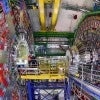
Rice physicists win grant to continue Higgs study
Rice physicists win $1.3 million in Department of Energy funding to pursue ongoing research at the Large Hadron Collider.
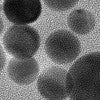
Charcoal a weapon to fight superoxide-induced disease, injury
Artificial enzymes made of treated charcoal could have the power to curtail damaging levels of superoxides that appear after an injury.
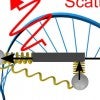
Cartwheeling light reveals new optical phenomenon
Researchers at Rice University have discovered details about a novel type of polarized light-matter interaction with light that literally turns end over end as it propagates from a source.

Study finds new link between Alzheimer’s suspects
Researchers have described for the first time specific genes and pathways in the brain associated with Alzheimer’s disease.
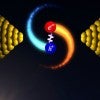
Rice lab’s bright idea is pure gold
Physicists discover plasmonic metals can produce “hot carriers” that emit unexpectedly bright light in nanoscale gaps between electrodes.

Tour scores prestigious Centenary Prize
Rice University chemist James Tour has been named a winner of this year’s Royal Society of Chemistry Centenary Prize.
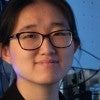
Rice professor attracts grant to study magnetism
The Department of Energy awards a five-year Early Career grant to Rice physicist Ming Yi to explore the nature of magnetism in two-dimensional materials.
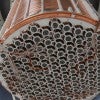
Dark matter search turns up hint of mysterious particle
XENON1T scientists revealed they had detected excess — perhaps cosmic — particles that may be evidence of long-sought axions.
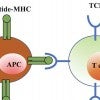
‘Relaxed’ T cells critical to immune response
Rice University researchers model the role of relaxation time as T cells bind to invaders or imposters, and how their ability to differentiate between the two triggers the body’s immune system.
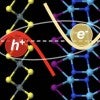
Excitons form superfluid in certain 2D combos
Mixing and matching computational models of 2D materials led scientists at Rice University to the realization that excitons can be manipulated in new and useful ways.
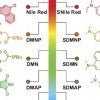
Rice lab turns fluorescent tags into cancer killers
Fluorophores with one oxygen atom replaced by a sulfur atom can be triggered with light to create reactive oxygen species within cancer cells, killing them.